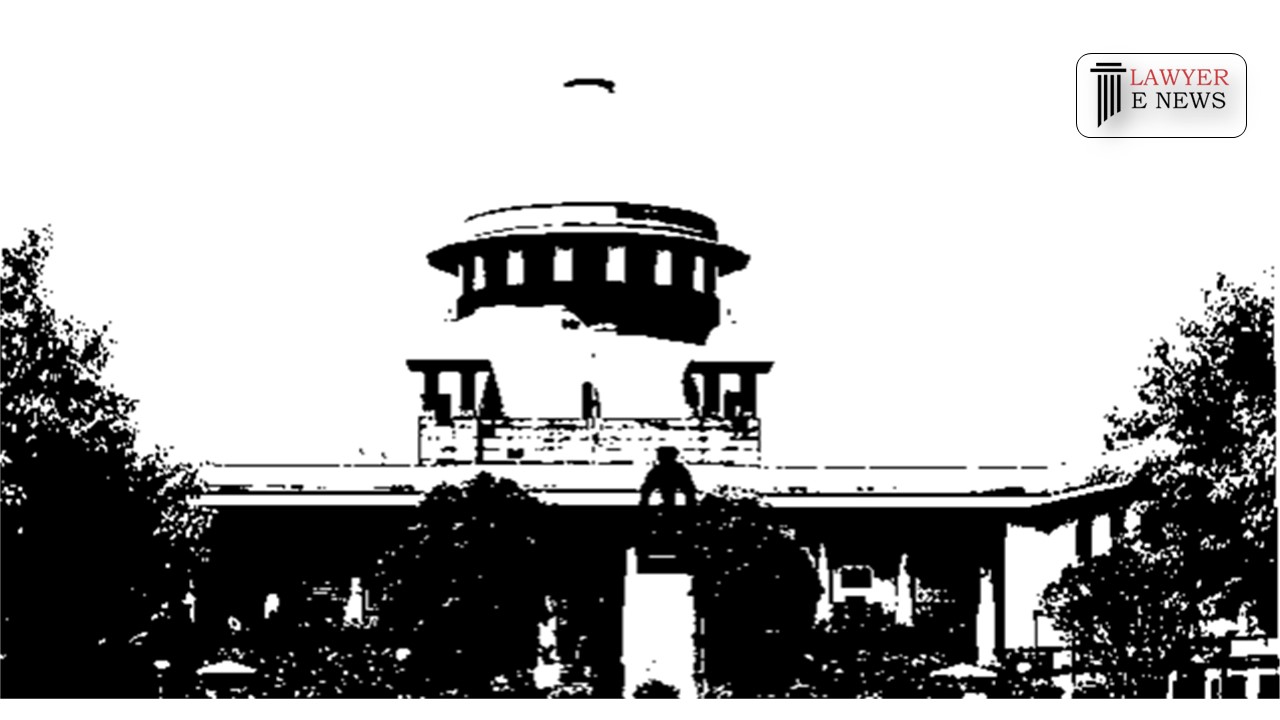-
by sayum
14 February 2026 2:22 PM



Supreme Court overturns High Court and trial court convictions, emphasizing the need for corroborative evidence in bribery cases.
The Supreme Court has acquitted Mir Mustafa Ali Hasmi, a Forest Section Officer, who was convicted of bribery by the High Court of Telangana and the trial court. The judgment, delivered by a bench comprising Justices B.R. Gavai and Sandeep Mehta, highlighted the prosecution's failure to establish the demand for a bribe, citing significant gaps and inconsistencies in the evidence presented.
The case originated from an incident on January 6, 2003, when the appellant (Mir Mustafa Ali Hasmi) and his co-accused, N. Hanumanthu, both part of the Forest Department’s Flying Squad, inspected a saw-mill in Vanasthalipuram. During the inspection, they allegedly found illegally stored teakwood and imposed a fine of Rs. 50,000, issuing a receipt in the name of a worker, M. Ashok. Following this, the appellant and his co-accused were accused of demanding a monthly bribe of Rs. 5,000 from the saw-mill operator, Mukka Ramesh, under the threat of filing further cases against him. On January 22, 2003, Ramesh lodged a complaint with the Anti-Corruption Bureau (ACB), leading to a trap being set the next day, resulting in the appellant's arrest.
The Supreme Court emphasized that the prosecution failed to prove the critical elements of demand and acceptance of the bribe by the appellant. The court noted that the complainant’s testimony was inconsistent and not supported by independent or corroborative evidence.
The court observed that the key witnesses, including the complainant (PW-1) and his friend (PW-2), who acted as a shadow witness, were not independent and had personal interests in the case. The bench remarked that the complainant’s admission of handling the appellant’s rexine bag, where the tainted currency notes were later found, raised serious doubts about the prosecution's version.
The court criticized the DySP of ACB for failing to verify the complainant's allegations before setting the trap. The judgment highlighted that no efforts were made to record conversations or use a recording device to confirm the demand for the bribe.
The bench reiterated the legal principles established in previous judgments, stressing that the demand for a bribe must be proved beyond reasonable doubt, either through direct or circumstantial evidence. The judgment cited the Constitution Bench decision in Neeraj Dutta v. State (Government of NCT of Delhi), emphasizing that mere possession of tainted money is insufficient to convict a public servant without clear proof of demand.
Justice Sandeep Mehta remarked, "The prosecution has failed to establish the demand for bribe by the appellant beyond a reasonable doubt. The inconsistencies in the complainant’s testimony and the lack of independent corroboration make it unsafe to uphold the conviction."
The Supreme Court's acquittal of Mir Mustafa Ali Hasmi underscores the importance of stringent proof in corruption cases. The judgment highlights the need for thorough and unbiased investigation procedures and serves as a crucial precedent in ensuring that convictions in bribery cases are based on reliable and corroborative evidence.
Date of Decision: July 10, 2024
Mir Mustafa Ali Hasmi vs. The State of Andhra Pradesh
